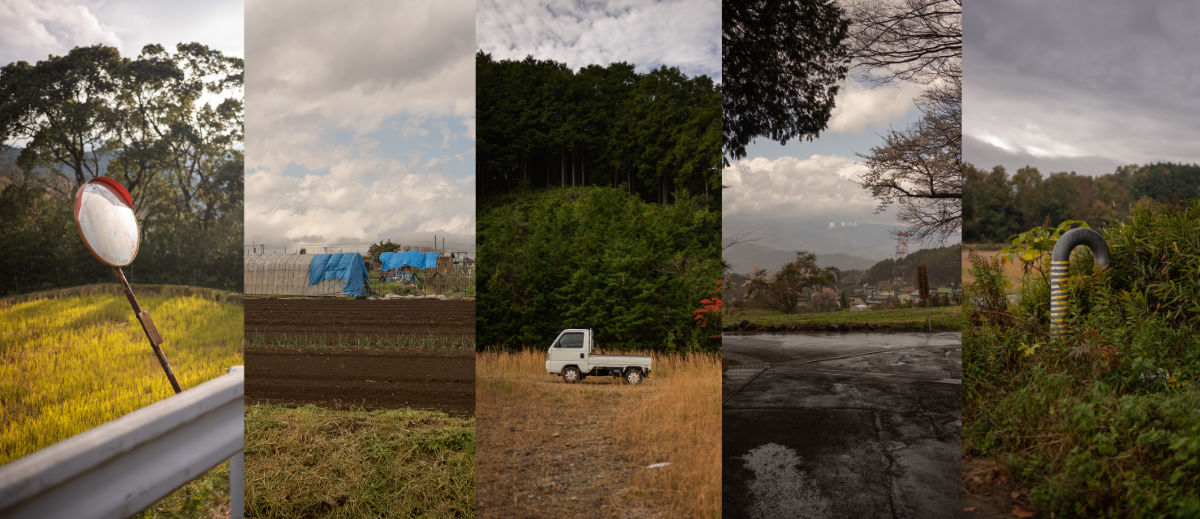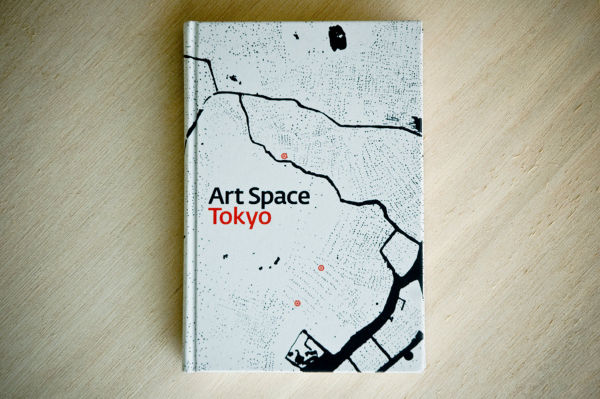
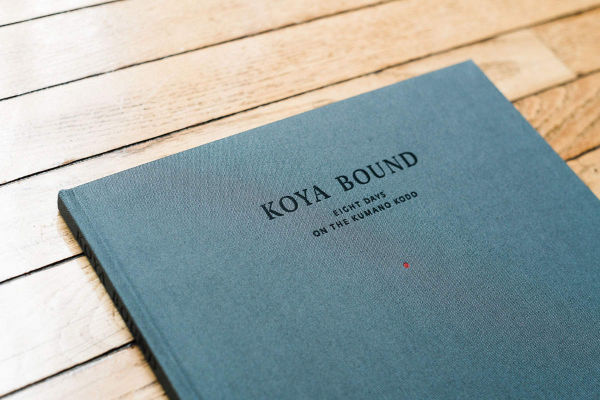
What you get when you join
Dear potential members —
As soon as you join Special Projects (as either monthly, yearly, or lifetime member) you’ll immediately get:
- Access to the members-only Special Projects newsletter, including past archives
- Access to the members-only “Pop-Up Walks” archive (currently only 1 walk as of Jan 2020)
- Digital copies of my books Koya Bound and Art Space Tokyo
- Discount codes to buy the physical edition of Koya Bound (which saves you $30) and discounts on all future books
- A pack of ten high-res walking-in-Japan wallpapers for your phone
Membership also comes with some recurring peripheral benefits:
- Access to members-only "office hours" I hold when visiting cities
- First dibs on tickets to events / talks / workshops I'm running; free tickets to events I'm speaking at when possible
In the first few months of 2020 I plan on producing another members-only Pop-Up Walk, and releasing the first book on kissaten and pizza toast. This book will be of limited edition and available first to Special Projects members with a sliding scale of discounts based on membership tier.
I'm also planning some publishing experiments that will be tested first and foremost with Special Projects members. It'a a good time to join.
All that said: This membership program is, at its core, like a mini NPR — of course, there are perks, but the main reason to become a member should be:
Craig, ya weird bird, I want to see more of your work in the world.
I thank you for that.
What gets made
Outside of the members-only perks outlined above, the membership program supports the production of the following newsletters, podcasts, and projects, all of which are available for free — for members and non-members alike. Sustainable funding of these projects was the initial impetus for starting Special Projects in 2019. (Then called: Explorers Club)
- Ridgeline weekly newsletter — using walking as a platform to explore the world and run publishing experiments
- Roden monthly newsletter — books, design, photography, literature, and Japan
- On Margins podcast — the stories behind designing and producing books (4 episodes in 2019, 7 scheduled for 2020)
- SW945 — Binaural ambient recordings along historic paths in Japan
- Long form, meaty, strange essays, both on craigmod.com and elsewhere
With one full year under our belt, I can say unequivocally that Special Projects works, and with the help of members' subscriptions and feedback, together we produced an impressive body of work during 2019.
What we made in 2019
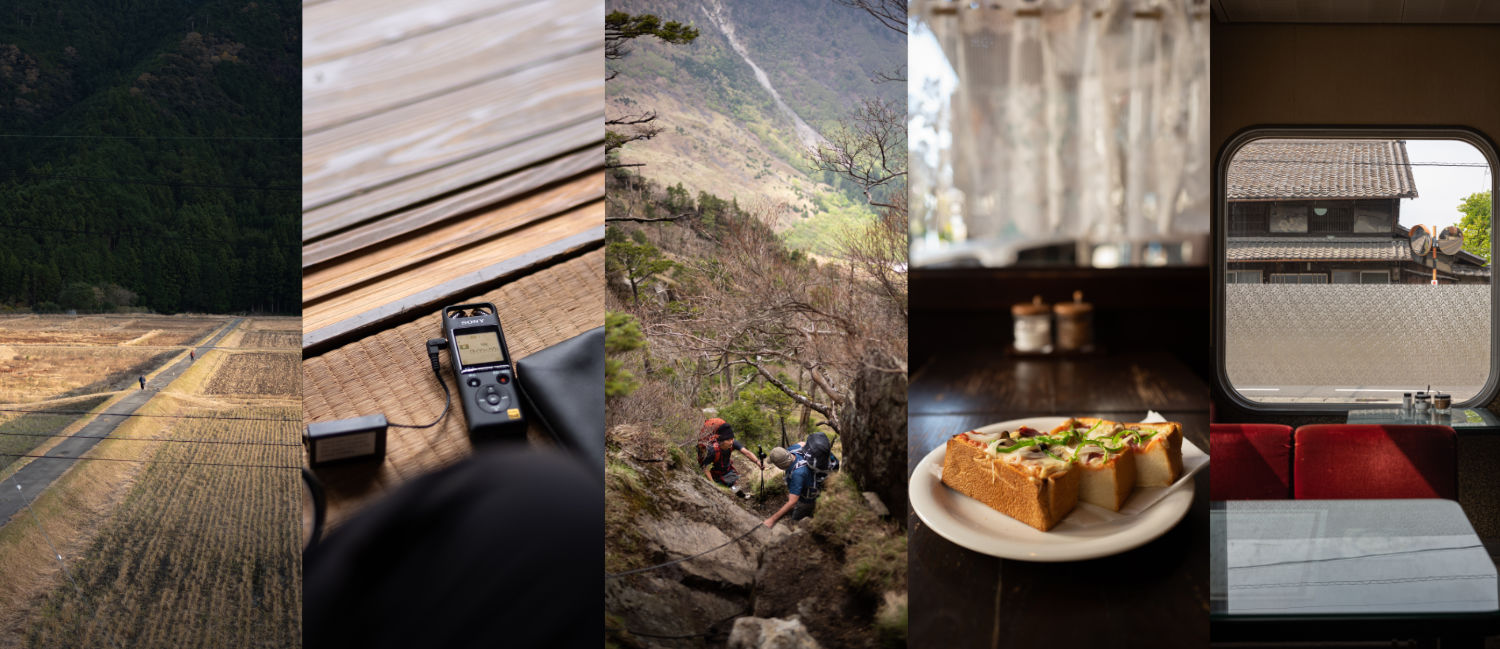
In 2019, with the support of Special Projects, I published over 140,000 words between my two newsletters, Roden and Ridgeline.
These newsletters continue to be my public sketchbook. They act as a forcing function to edit batches of images or take a thin wisp of an idea and see it through to — at least — a darker outline. Inadvertently, these newsletters have become something of a self-encyclopedia, and I find the value of their archives only increases over time. They’ve become a place to point back to, and I find it nearly impossible to publish anything without referencing this back catalog of ideas. This has proven to be very cool and unexpected. (But obvious in hindsight.)
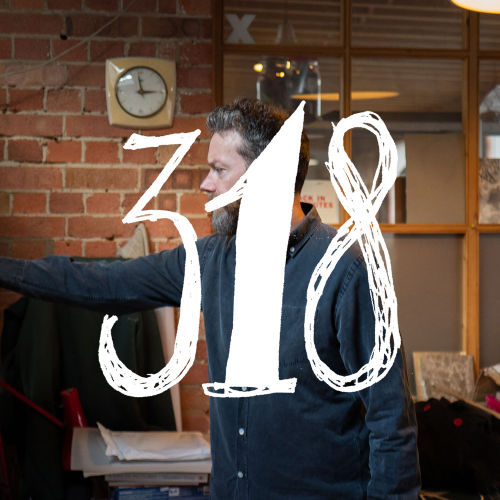
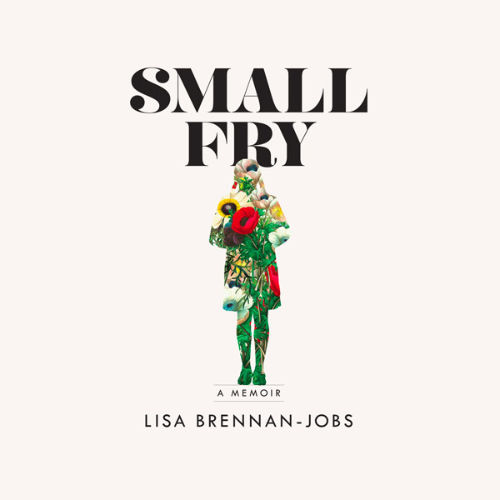
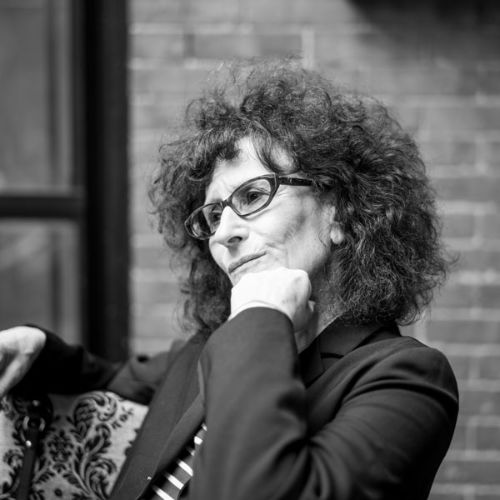
For my podcast, On Margins, I interviewed Lisa Brennan-Jobs about her memoir and life growing up with an on-again off-again father like Steve Jobs. I sat with Lynne Tillman in her apartment of many decades in the East Village, surrounded by her work and the art of her dear (and exceedingly successful and famous) friends, discussing her life’s work as a writer. Designer Jessica Hische and I broke down her beautiful New York Times bestselling children’s book. And mega-award-winning book cover designer Jonathan Gray took me for a tour of his studio in London.
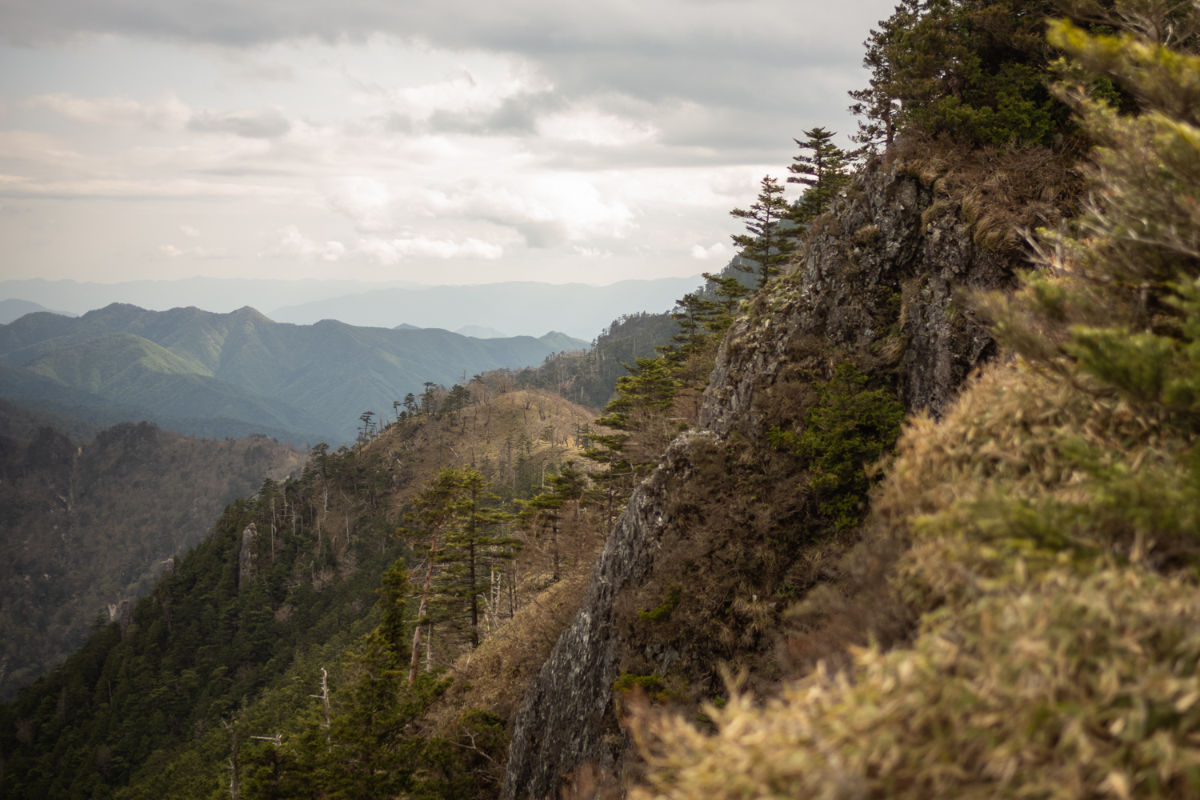
2019 was undeniably and deliberately a year of walking — one where I spent about four solid months on the road engaging in dedicated, focused, mostly “ascetic” walking, sharing any and all insights via my newsletters.
Together, in December, members and I went on our first virtual ”Pop-Up Walk” — 001 — producing, effectively, a little two hour documentary along the historic Ise-ji route in Mie Prefecture.
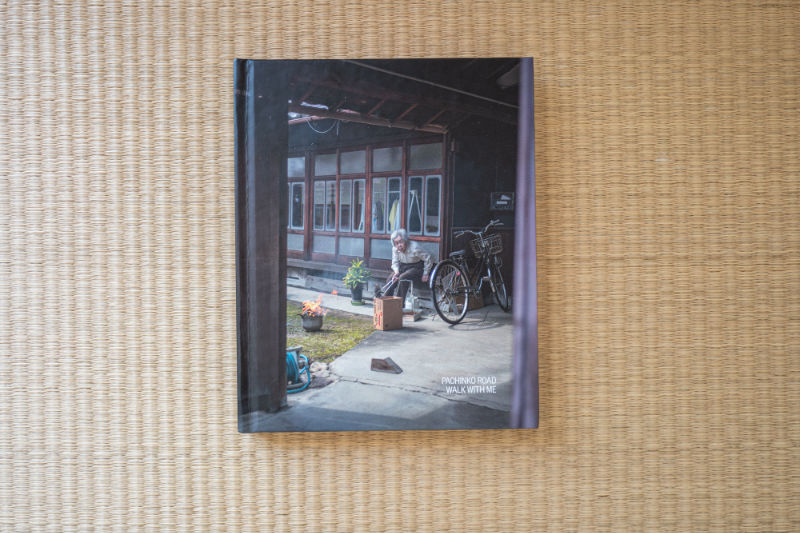
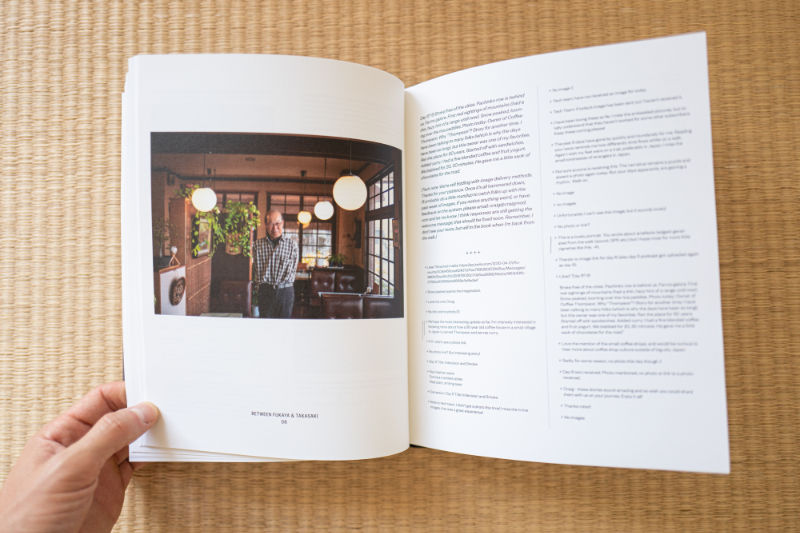
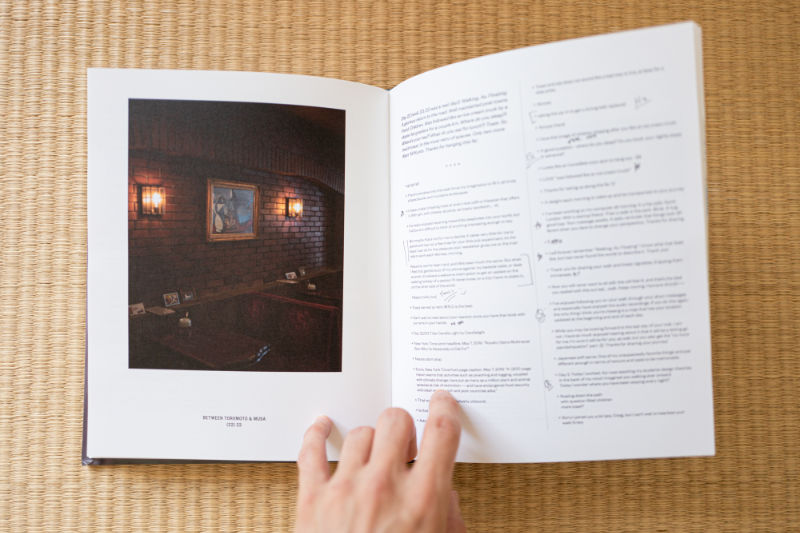
During April and May I went on a 43 day walk along the old Nakasendō highway. During this walk I ran an SMS publishing experiment and produced the single-copy book: Pachinko Road, Walk With Me. The experiment was a great success. The book is a treasure, about 100 pages long, most of which are filled with anonymous messages sent by readers along the way. I’ve since responded to many of those messages in the form of essay. It was an experiment in building tools to “leverage the network” but break out of the “tiny loops” of most social networks. This book and the lessons learned from producing it play a central role in talks I gave in 2019 and others I plan to give in 2020.
Along the walk I also started to produce daily binaural recordings of roadside / pathside / templeside ambience. The result is SW945 — 46 episodes, approx. 8 hours of ambient recordings along the Nakasendō, the Ōmine Okugake-michi, and the Ise-ji. The podcast has had over 45,000 unique listeners and I’ve gotten dozens of kind emails about all the various permutations of how and when folks have listened to it. I don’t know of anything else quite like SW945 — a mapping of old Japan routes, historic highways, pilgrimage paths via sound-scapes. I plan on continuing this tradition and expanding the archive in 2020. The audio is all available under a CC Share-Alike Non-Commercial license. (I plan to put it up on github in an easy to use fashion in Q1 2020.)
In August I was invited to join a group walking in Kyrgyzstan and Kazakhstan. Kyrgyzstan led to the essay, ”Soviet Horse Race” concluding:
My father died many years ago and wouldn’t have understood much about my life today. But I think he would have understood the walk. Maybe that’s the only thing he would have understood.
The walk is obviously far more than just a walk. A walk is a framework, a platform for thinking, for experimenting. A walk well executed connects people and geographies, histories, literature. Bridges a defunct Soviet era to a much larger autochthonous and mythopoeic landscape, stallions and glaciers and Kyrgyz language and all. But it is also “just” a walk. A small thing. Something a surgeon may eye suspiciously. One foot in front of the other. Rooting for a dumb horse in a pointless race, making the most of an afternoon, a life, with the simple tools you have.
I want to take a second to linger on this line: “A walk is a framework, a platform for thinking, for experimenting.” I began 2019 with an inkling that this was the case, and I finished it knowing it to be true, further excited about continuing to push this line of inquiry in 2020 — to figure out what else could be built atop the “walk-as-framework” mindset.
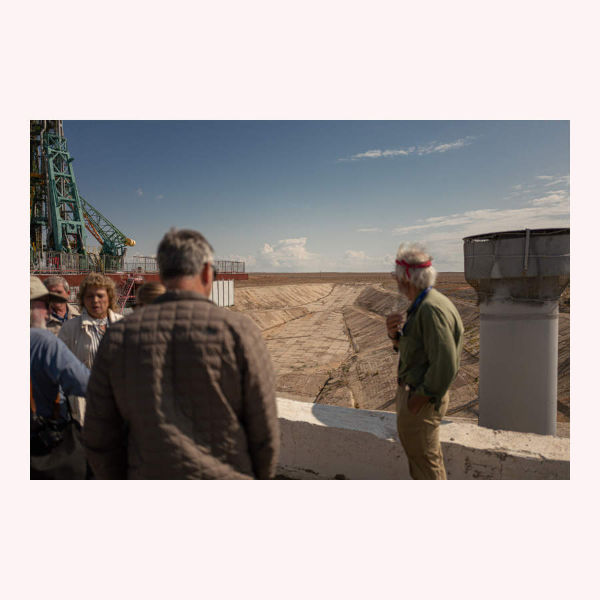
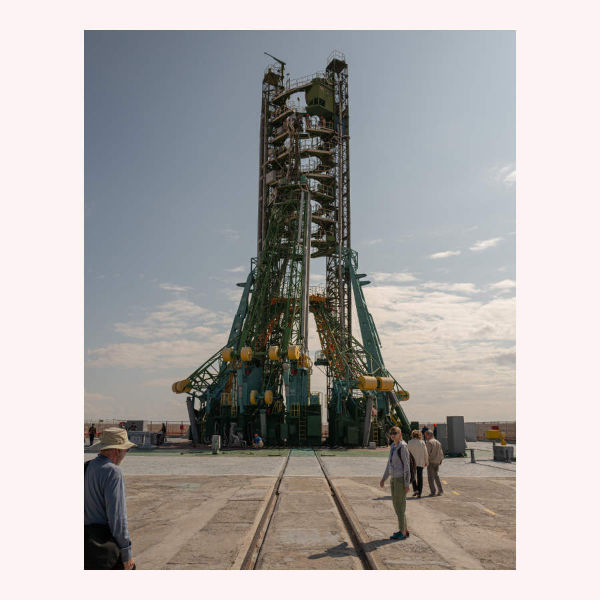
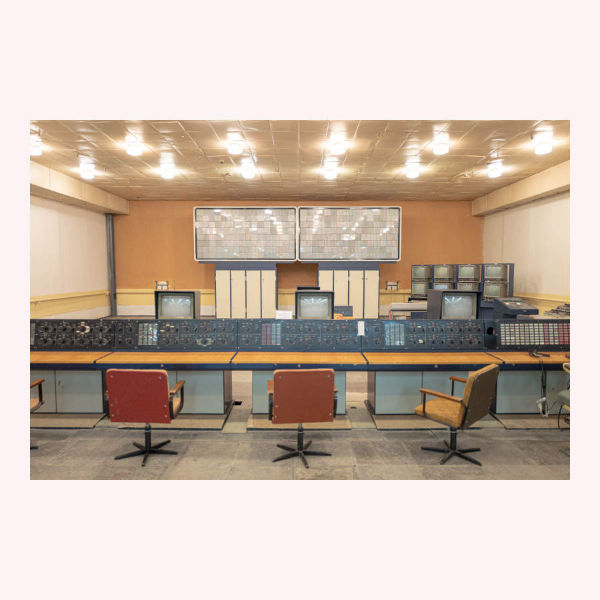
In Kazakhstan we were granted access to the time capsule-like Baikonur shuttle launch site — the only launch site in the world still capable of shooting humans towards the stars (until SpaceX gets their manned unit launching in mid-2020). I reported back with photos and notes: ”Postcards from the Baikonur Cosmodrome “.
Kevin Kelly and I organized yet another walk-n-talk (our third “official” such gathering), this time in China. 130km in the south — Guilin to Yangshuo, as arranged and guided by show tune singing polyglot, Chris Barclay. From that I wrote up some notes on running a walk-n-talk and invited readers to apply to join us on a future one, for the intent is to run another one this fall and Special Projects members will be offered first-dibs on a spot or two.
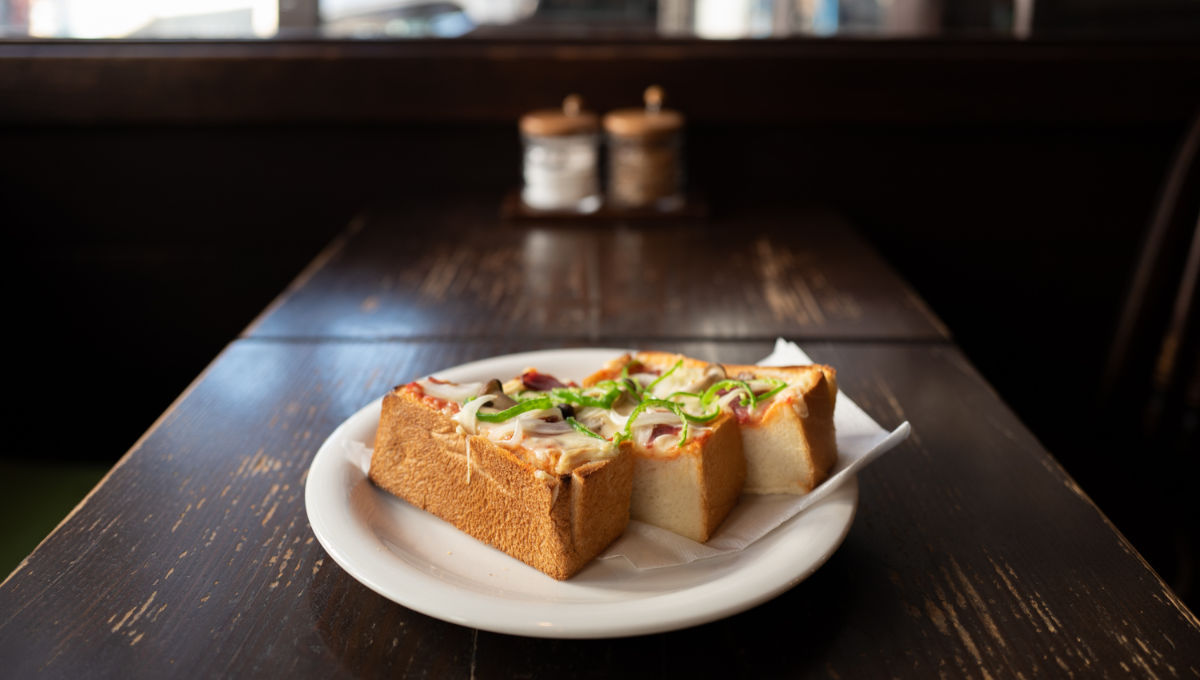
2019 also saw me publish two big essays (5,000+ words + photos each) in two major publications, one with WIRED and another with Eater. I am grateful for the opportunity to have worked with editors Vera Titunik and Lesley Suter. Both essays were paid, and paid decently, but the amount of work that went into those pieces far outstripped the payments, and so it was Special Projects that largely enabled those pieces to become what they became (for better or worse!). The WIRED piece covers my philosophies and mechanics around digital tools, disconnection, and big walks. Summed up as: The phone is a tool, you dummy. The Eater piece explores the erosion of culture due to aging populations through the lens of kissaten cafes and their classic “pizza toast” dish (it was also an excuse to get geeky about the “interface” of toasted things). The membership program allowed me to head to Nagoya and Ichinomiya for further investigation into the origins of “morning culture.” I’m perhaps more proud of that Eater piece than anything else I’ve ever published. And so I thank you — members and Eater — for enabling that work.
I also published a number of essays on craigmod.com — totaling about 15,000 words — including something on the recent boom in newsletters (which was picked up and referenced by The New York Times) and more recently, some simple newsletter etiquette. I wrote about “Fast Software, the Best Software” an essay that went viral, picked up by a number of publications, bloggers, and forums, and led to a few unexpected speaking invitations (which I had to turn down to do scheduling conflicts). I wrote about “minimum viable networked publishing” and wrote extensively on “media accounting” in an essay called “Stab the Book, a Book Won’t Die,” focusing on the resilience of physical media, in particular, the book. This essay came out of some earlier Roden ruminations, and my ninth year lecturing at the Yale School of Management’s Publishing Course. Perhaps the most strange thing connected to that essay is that Sheikh Abdullah bin Zayed bin Sultan Al Nahyan tweeted it.
I gave the first “membership-enabled” talk in August, hosted by the generous folks at Postlight studios in Manhattan. It covered some history of walking in Japan, a bit of media accounting, and a deeper dive into projects like the SMS book. It extended the talks I gave at International House in November 2018, and my Yale Lectures.
2019 was the most productive year of my life in terms of sheer volume of words written, work published, and hours spent in deep thought with text and images. It was also the most athletically challenging and physically fulfilling year of my life. A continuous walk of several weeks, knocking out 30km+ a day, is no joke on the body, especially when you add a 10kg pack full of gear to the equation. Add to that a daily production / editing / publishing schedule and there’s very little room for “life fat.” I loved (almost) every minute of it. I learned about my limits, both physical and psychological, and made an effort to transmute those learnings into work available to my readers.
The above output, production, work, motivation, encouragement, and downright permission was 100% undeniably, explicitly, and unequivocally kindled and stoked and gasoline-doused by the Special Projects program — both financially and spiritually. My members are amazing cheerleaders, and give me just the right amount of shit when I hem and haw.
So thank you for that and I look forwarding to continuing this relationship in 2020, with members new and old alike.
— Craig (craig@specialprojects.jp)
